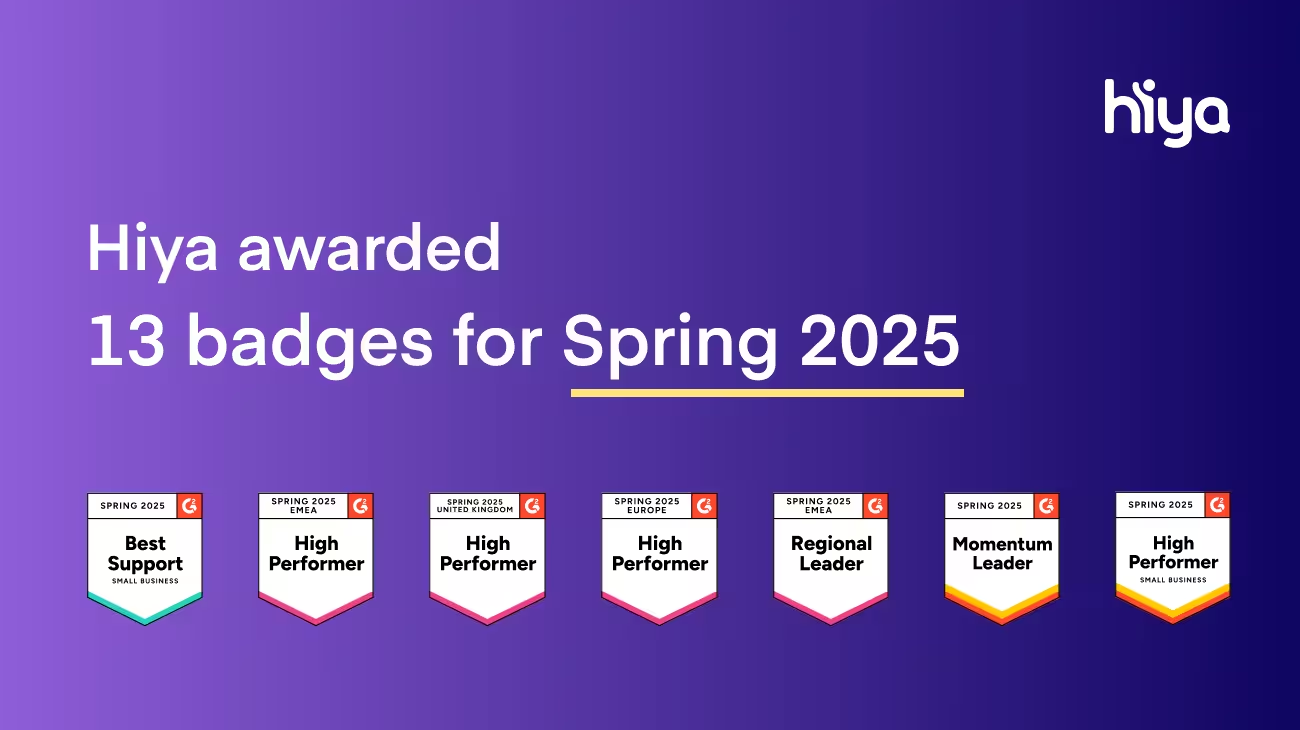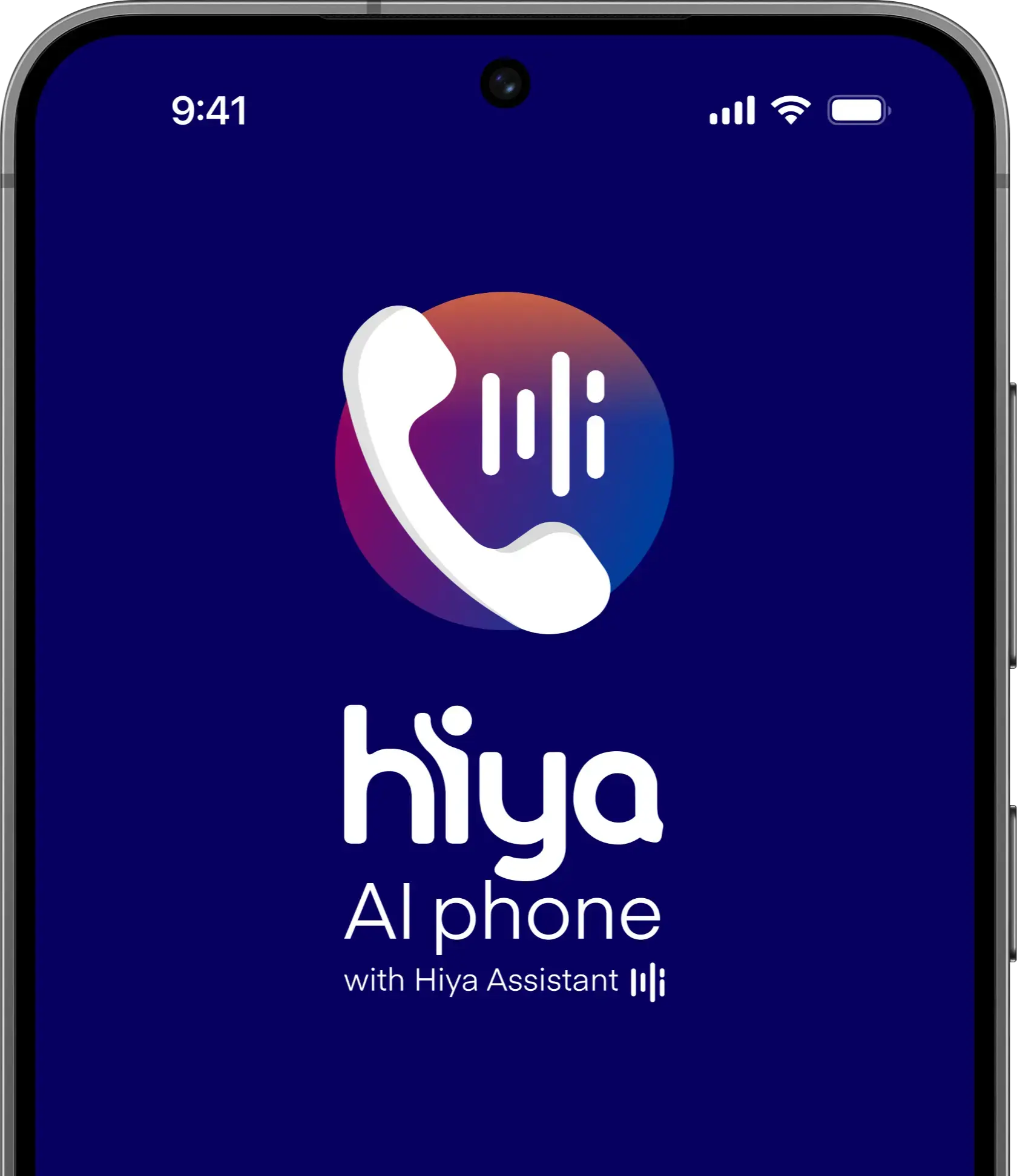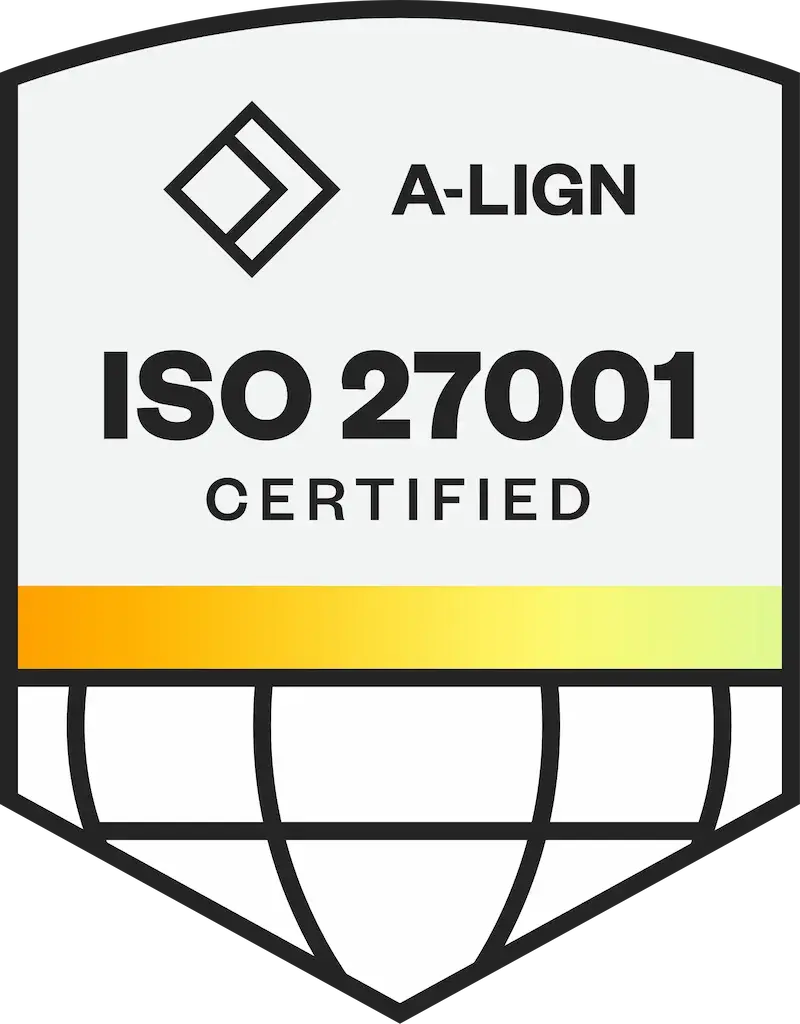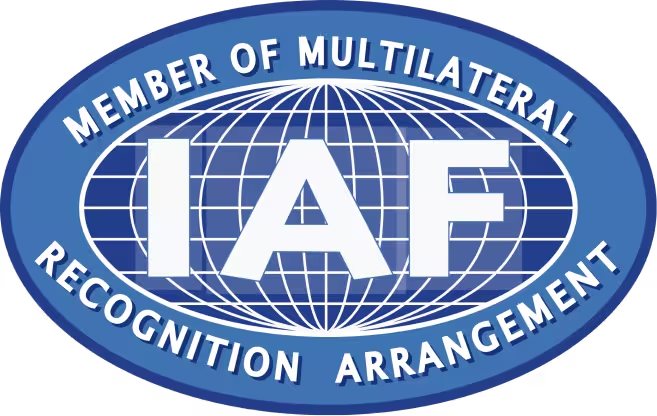
No matter where you live, spammers will get the best of you. Hiya operates and is helping with the fight against spam, scam, and robocalls in over 200 countries and territories. The following ten countries (in order, starting with the worst) have the worst spam/scam problems, we’ve seen yet!
•United Kingdom
Payment Protection Insurance (PPI) Scam: Caller informs the recipient that they can be reimbursed for the mis-selling of payment protection insurance (PPI), but will first ask for an up front payment in order to enable them to receive the money.
•United States
Internal Revenue Services (IRS) Scam: The caller pretends to be with the IRS and usually demands money for unpaid taxes or will trick the recipient into sharing private information.
•Canada
Canadian Revenue Agency (CRA) Scam: Similar to the IRS Scam in the U.S., the caller pretends to be with the CRA and usually demands money for unpaid taxes or will trick the recipient into sharing private information.
•Brazil
Extortion/Kidnapping Scam: These scammers tend to be prison inmates who call random phone numbers and demand payment for the return of a “kidnapped” family or friend.
•Germany
Prank Call Spam: These callers reach victims through an app called Juasapp that allows users to pick a joke, pick a contact, and send a joke via a phone call.
•France
Ghost Delivery Scam: For this scam, victims get something in the mail that entices them to call a premium phone number where they are then charged a fee per minute.
•Mexico
Extortion/Kidnapping Scam: These scammers tend to be prison inmates who call random phone numbers and demand payment for the return of a “kidnapped” family member or friend.
•Australia
Australia Tax Office (ATO) Scam: Similar to the IRS Scam in the U.S., the caller pretends to be with the ATO and usually demands money for unpaid taxes or will trick the victim into sharing private information.
•Spain
Bank Account Scam: Callers will pretend to be an official representative of the bank and will request sensitive information or items which allow them access to the victim’s bank accounts.
•Italy
Solar Energy Scam: Fake agents pretend to be from a company representing a utility service and will ask for account information to do a price comparison, but will ultimately use that information to sign the victim up for the service they are representing.








